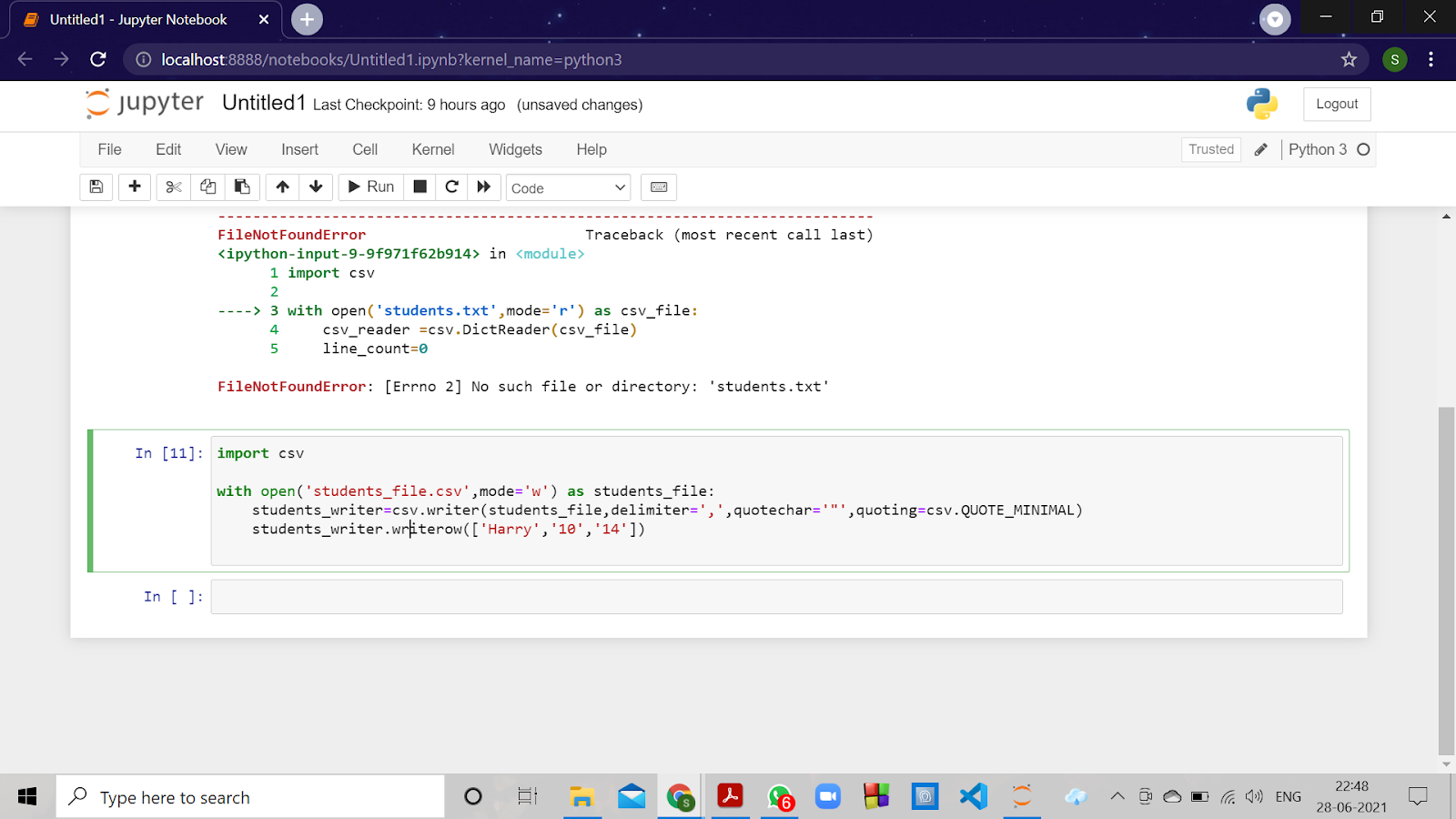

gas(): output.write (line)" I tried to remove the omissions, in the end, no matter what I did, I lost formatting and " open with ('allele-unicum.txt ', "w") as f: print((df_rank.value_counts(ascending=False)).to_string(), file=F)" here is a part of the code that is responsible for removing unnecessary parts, and stitching files into one. import pandas as pd textdatafile pd.readcsv ('path to the txt file') textdatafile.tocsv ('new csv file name', index None) After running the above code snippet a new csv file will be created in the same directory with the name mentioned inside the tocsv. I tried to stitch all the files in the folder through the Globe.Globe and then cut out the lines I don't need through the "line.Strip ("\n") !=" with the indication of unnecessary lines, lines, then through ". The Python code snippet required to convert a text file to CSV is given below: Copy. The problem is that I manage to stitch the file, but the data format is lost and pandas cannot count the number of repetitions.


counts from pandas and count the number of repetitions. From the database, I download date frames in the opr format, for further processing, I need to cut off the table of contents in each file from these date frames, as well as remove line gaps. I am a biologist who decided to learn the delights of python programming, I had a banal, but difficult to solve problem with my current level.


 0 kommentar(er)
0 kommentar(er)
